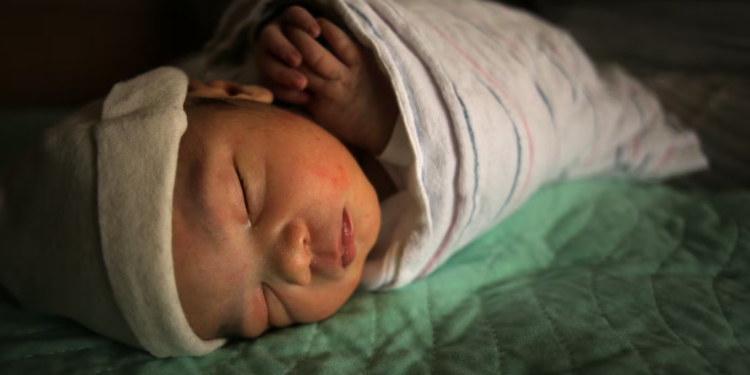Dec 30, 2024 Story by: Editor
The Massachusetts Department of Public Health (DPH) has released its annual report analyzing 68,579 births in 2022, revealing both positive and concerning trends in maternal and infant health. While some metrics improved, others underscored persistent challenges, particularly among communities of color.
Positive Trends in Birth and Maternal Health
The report noted a slight decline in the teen birth rate and a decrease in gestational diabetes cases, marking the first drop in this metric in six years. However, DPH highlighted that the gestational diabetes rate remains nearly triple what it was in 2000.
Despite these improvements, the number of births in the state fell by 0.8% compared to 2021, and DPH emphasized the need to monitor the trend following fluctuations in birth rates in recent years.
Persistent Racial Disparities in Maternal Care
Racial disparities in maternal and infant health outcomes remain stark. The teen birth rate for Hispanic teens is ten times higher, and for Black teens, nearly five times higher than for white teens. Similarly, prenatal care access varied significantly across racial groups and insurance types.
- Adequate prenatal care was received by 82% of white individuals who gave birth in 2022 but only by 66.6% of Black individuals.
- Those with private insurance were more likely to access adequate prenatal care (82.9%) compared to individuals with public insurance (69.8%).
Concerning Trends in Infant Health
The percentage of low birthweight babies—defined as less than 5.5 pounds—reached its highest point in a decade, with nearly one in 13 babies born under this threshold. Among them, 741 babies had a very low birth weight of less than 3.3 pounds.
Preterm births, defined as those occurring before 37 weeks of gestation, also rose, with one in 11 babies born prematurely. The rate was notably higher for Black non-Hispanic births, with over one in nine infants born early.
Increasing Use of Fertility Treatments
Fertility treatments saw an uptick, with 4,454 individuals using such services in 2022 compared to 3,991 in 2021. Assisted reproductive technology, including in vitro fertilization (IVF), was increasingly common, accounting for 76% of fertility treatments in 2022, up from 72.9% the previous year. Nearly three-quarters of those utilizing assisted reproductive technologies were white.
Legislative Response
To address these ongoing challenges, Massachusetts lawmakers passed a comprehensive maternal health care bill this session. The legislation aims to expand access to care and address racial disparities in maternal and infant health outcomes.
This report underscores the critical need for targeted interventions to ensure equitable maternal health care across all communities in Massachusetts. Source: MassLive

















